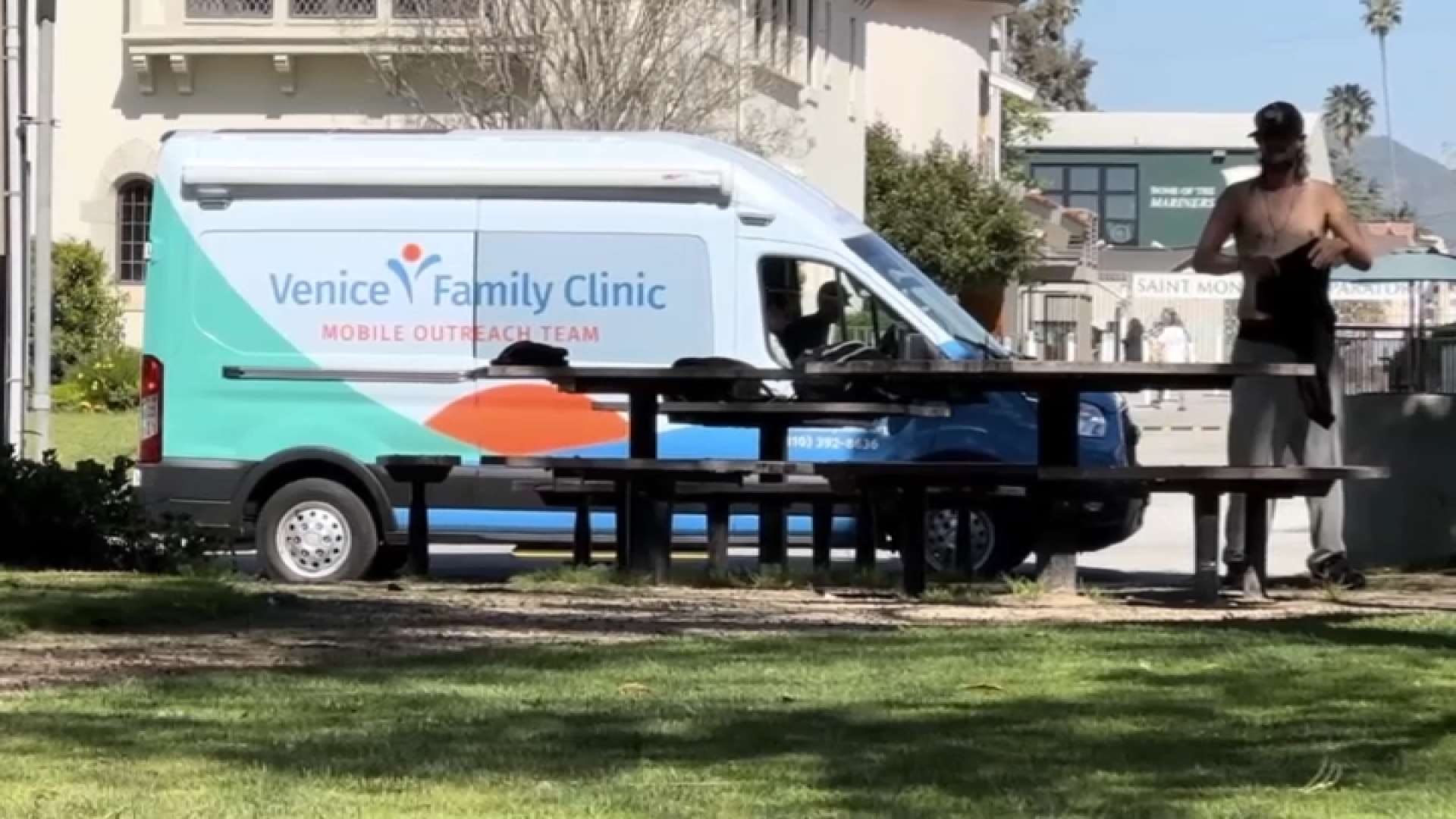California Supreme Court justices on Wednesday peppered an attorney representing state workers with tough questions in a closely watched lawsuit over a change to public employee pensions that has the potential to upend California's long-held rule that retirement benefits can never be taken away once promised.
The case stems from a 2012 pension reform law backed by Gov. Jerry Brown that sought to rein in costs and end practices viewed as abuses of the system.
One provision eliminated the ability of public workers to pay for more years of service in exchange for a more lucrative pension when they retire.
An attorney challenging that change, Gregg McLean Adam, told justices during a hearing in Los Angeles that the benefit was a promise to workers that they had come to rely on.
Associate Justice Goodwin Liu said Adam's logic could apply to a broad range of employment benefits. "It's kind of hard to know where your rule leads in all manner of things — health care benefits, vacation accrual, transit subsidies," he said.
Chief Justice Tani Cantil-Sakauye questioned whether the ability to buy additional credits qualified for the protection state courts have generally granted pension benefits. "How does it directly affect (your pension) if you only have the opportunity to purchase," she asked.
The broader issue potentially at stake in the case is the "California Rule," which dates back to court rulings beginning in 1947. It says workers enter a contract with their employer on their first day of work, entitling them to retirement benefits that can never be diminished unless replaced with similar benefits.
News
Top news of the day
Roughly a dozen states observe a variation of the California Rule, so a decision repudiating it could have implications beyond the state.
Two other justices, Leondra Kruger and Laurie D. Zelon, also appeared skeptical that the ability to purchase additional credits constituted a traditional pension benefit. Employees had to work for five years before they could make the one-time credit purchase.
Adam said workers also have a vested right to benefits that are available later, after they start working. Such benefits may entice someone to stay in a state job and not leave for employment elsewhere.
"It may keep me here," he said.
The justices did not immediately issue a ruling.
The California Rule gives workers security that their retirement will be safe and predictable after a career in public service. But it also ties lawmakers' hands in responding to exploding pension costs — a problem for the state, cities, counties, schools, fire districts and other local bodies.
In a sign of the case's importance to Brown, he had an attorney from his office, not the state attorney general's office, argue before the high court.
Rei Onishi said the planitiffs would have a tough time showing that the state legislature intended state workers to have an "irrevocable right" to purchase additional credits for their pensions.
Liu and Associate Justice Mariano-Florentino Cuellar questioned how far the legislature could go in changing pension benefits in the future for existing employees.
Onishi said the legislature had broad authority in the area unless it clearly indicated it intended a benefit to continue.



